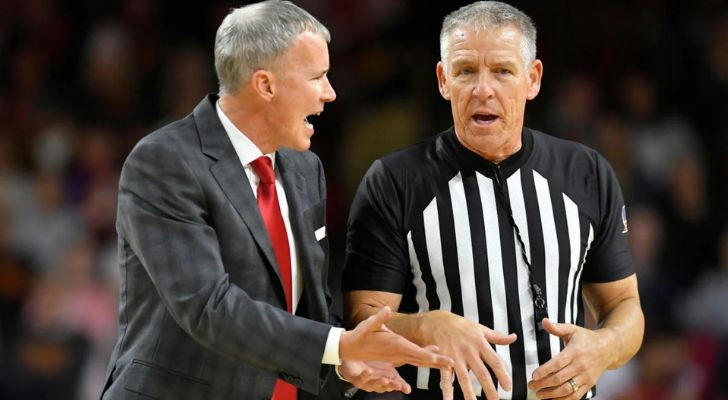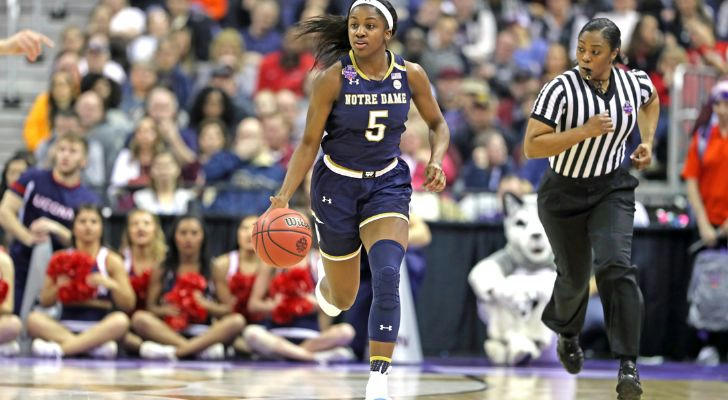Court Commander: How to Become a Good Basketball Referee
Becoming a good basketball referee is an exciting journey that combines a love of the game with a commitment to fairness and integrity. Referees are the unsung heroes of the game of basketball, ensuring that the game runs smoothly and is conducted fairly. Here is a comprehensive guide to help you find your way to becoming a top-notch referee.

1. What exactly does a referee do?
Before we dive into the specifics, let's start with the basics. The main duties of a basketball referee are to enforce the rules of the game and make fair decisions on fouls, violations, and other infractions. Referees are responsible for maintaining the pace of the game, ensuring player safety, and handling any disputes that arise during the game. This role requires a keen understanding of the game, quick decision-making, and the ability to communicate effectively with players, coaches, and other officials.
2. How well do you know the rules of basketball?
Knowing the rules is the foundation of being a good referee. Start by studying the official basketball rulebook, which covers everything from basic rules to complex scenarios. Resources such as the NBA rulebook and FIBA basketball rules are essential. You can also enhance your knowledge by attending seminars, workshops, or online courses. Many local basketball associations offer specialized training programs for aspiring referees, which is a great way to get started.

3. Are you ready to get certified?
Certification is often a requirement for referees at all levels. To get certified, you'll need to complete a training program that covers the rules, mechanics, and philosophy of refereeing. This process typically includes a written exam and a practical assessment. Organizations such as the National Federation of State High School Associations (NFHS) and the International Basketball Federation (FIBA) offer certification programs to increase your qualifications and credibility as a referee.
4. How can I gain valuable experience?
Experience is essential to honing your refereeing skills. Start by officiating youth games or local recreational leagues. These opportunities will allow you to apply your knowledge in actual games and build confidence. As you gain experience, seek feedback from more experienced referees and coaches. Constructive criticism will help you identify areas for improvement and refine your refereeing style. Observing experienced referees can also provide valuable insights into effective game management.

5. Are you in the right physical condition to referee?
Basketball is a fast-paced sport, and referees need to be in top physical shape. Good physical fitness can help you keep up with the action, make quick decisions, and stay focused throughout a game. Incorporate regular cardiovascular and strength training into your exercise routine. Exercises such as running, jumping, and agility training are beneficial. In addition, practicing your positioning and movement on the court will improve your ability to make accurate calls and maintain a clear view of the game.
6. How strong are your communication skills?
Effective communication is the cornerstone of refereeing. You must communicate your decisions clearly and confidently while maintaining control of the game. Develop strong interpersonal skills to interact effectively with players, coaches, and fans. Practice staying cool and calm in challenging situations and learn how to confidently handle disputes. Building rapport with players and coaches can also make your job smoother and more enjoyable.

7. Are you aware of rule changes?
Basketball rules are constantly evolving, so it is crucial to stay informed of any changes. Review the rulebook regularly and attend refresher courses or training sessions. Joining a local or national referee association provides access to the latest information, resources, and networking opportunities. Keeping up with rule changes ensures you stay current and maintain a high standard of refereeing.
8. How can networking benefit your refereeing career?
Networking with other referees can be extremely beneficial. Attend refereeing clinics, seminars, and conferences to network and share experiences with other referees. Building relationships in the refereeing community can lead to mentoring opportunities and provide support throughout your career. Networking can also open doors for you to referee at a higher level and learn from those who have been in the field longer.

9. Are you ready to pursue opportunities at a higher level?
As you gain confidence and experience, consider seeking opportunities to referee at a higher level. This could include officiating high school tournaments, college games, or even professional leagues. Be prepared to demonstrate your skills through assessments and interviews. Advancement in refereeing often requires demonstrating a high level of ability and a deep understanding of the game.
Embarking on the journey to becoming a basketball referee involves understanding your role, mastering the rules, obtaining certification, gaining experience, staying fit, and continually improving your communication skills. By staying updated on rule changes, networking with peers, and seeking higher-level opportunities, you can excel in this pivotal role. So, lace up your shoes, grab your whistle, and get ready to make a difference on the court!
